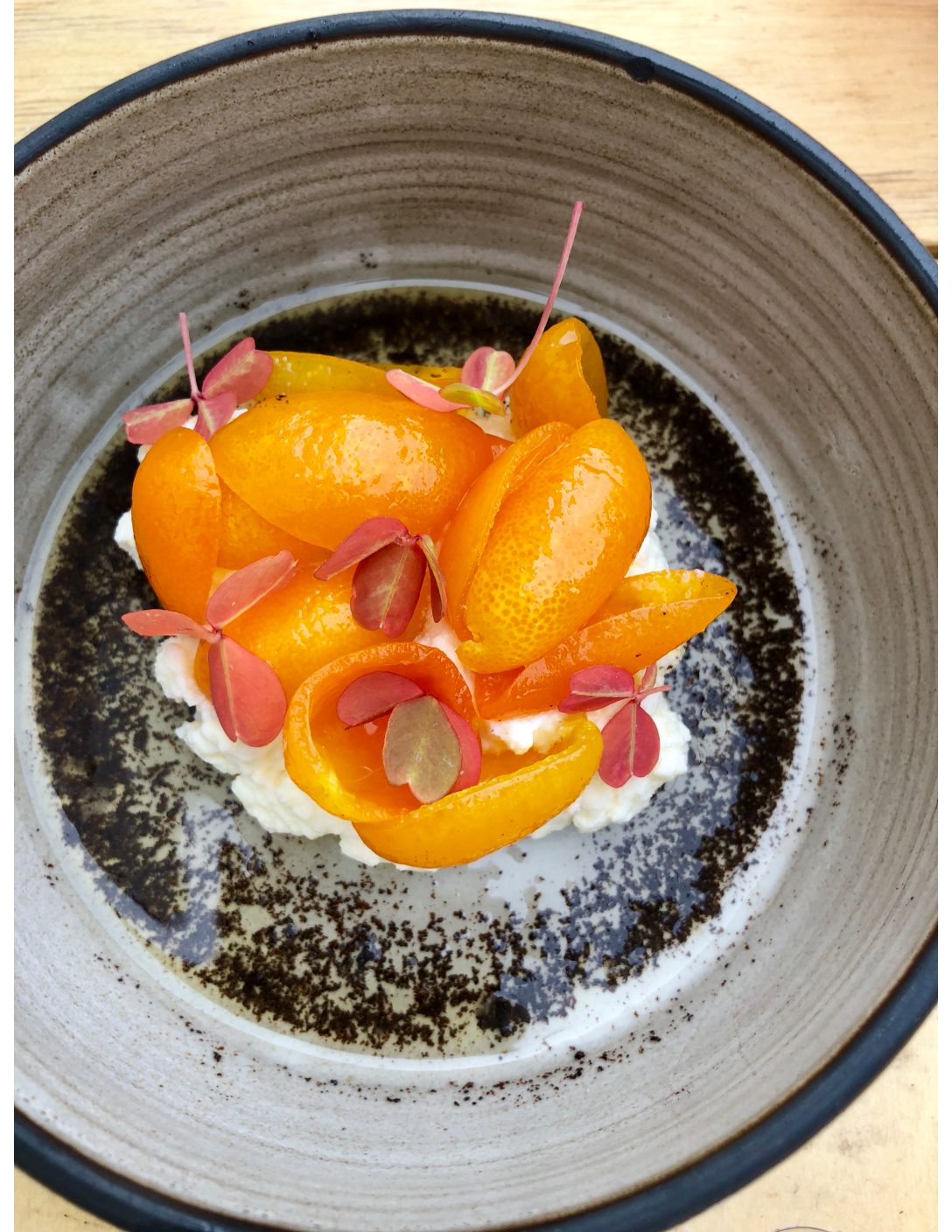
Excepting folks like Jonathan Gold of LA Weekly (who just won the Pulitzer Prize for his culinary reflections), most of today’s critics are ego-driven purveyors of elite gourmandism. Most of the regional dailies sling laundry-list tomes on tasting-menu dishes replete with hyper-sexualized adjectives and mixed metaphor. These reports masquerade as service-based journalism predicated on reductive systems that award a certain number of stars or random kitchen utensils.
Some, like La Guide Michelin, are so parsimonious with their stars, that they only tend to award high marks to Palace of Versailles-like emporiums, where the quality of the damask draperies, the Limoges china and the Cristofle silver are as important as the quality of the food.
This system has spawned an industry where, at the cheapest, relatively small-portioned plates start at $30 or more, and tasting menus and wine pairings can cost a month’s rent on a Gold Coast apartment.
Even at those prices, brigades of chefs endure backbreaking work weeks, hunched over stainless-steel counters, chopping micro dices of vegetables and butchering heaps of protein for $7 an hour to compensate for excessive costs which have little to do, of course, with the quality of the food.
The underground dining movement, which has been painted as mostly secretive gatherings of snobbish foodies worshipping at the feet of unknown, but talented, chefs (though in my experience, many of these chefs are second-rate, the equivalent of backdoor uncertified quacks performing shady botox regimens in the back of beauty parlors), seems an unlikely savior for this current trend. In fact the movement has pretty much devolved into incorporated businesses masquerading as “underground.”
Then about a month ago, I met the crew behind Chicago’s Sunday Dinner Club, a legitimately underground group whose roots are grounded in goals like building community and democratizing local sustainably grown food. All career changers, Christine, Jason and Joshua (real first names of these culinary insurgents), respectively a former habitual restaurant employee, a former Merc trader and a schoolteacher from the Bronx, met at Kendall culinary school. Afterward, they did stints at spots like Blackbird, Naha and the Wisconsin Governor James Doyle’s culinary staff. Ultimately, they were often glorified short-order cooks, working garnish stations, making the same salad thousands of times. As Christine says, “You work fourteen-hour days and you become a machine.”
The three shared a common vision to bring their food to everyone. Inspired by their travels—which included attendance at blood-sausage festivals and heaping bowls of bollito misto, an Italian dish often replete with tripe and a close-up of European ideals of craftsmanship—they began serving dinners in their respective backyards.
While they’ve thrown some expensive five-course affairs, they also explore ethnic comfort food, offering affordable Pad Thai with locally grown ramps or cassoulet with their own house-made sausage. They also don’t take a profit off the meals, to keep prices down.
Three weeks ago, I attended their most admirable attempt at democratizing great food yet, a three-course $35 burger night. I know $35 buys a lot of rice for the Save the Children foundation (thank you Sally Strothers), but, hell, a Tyler Florence signature steak and salad and a side of riblets at Applebees will set you back more.
Instead of porcine scraps and sub-prime meat, the Sunday Dinner Club burger was served on a hefty Red Hen bun and featured a whopping portion of hormone-free Heartland beef infused with prosciuttio fat, topped with aged raw-milk cheddar cheese from Wisconsin dairy co-op Brunkow, bacon and the crew’s sweet spring onion jam. Did I mention the garlic thyme-roasted fingerling potato fries in sriracha aioli and fried house-cured bread and butter pickles, or the green salad featuring artisanal chevre and micro-strawberries from Illinois’s Prairie Fruit Farms or a funnel-cake dessert featuring homemade rhubarb jam and candied pistachio ice cream?
The quality was as good as the food at their former employers, and, I’m willing to bet, their ingredients, which came almost entirely from the Green City Market, were more local. They even used real china, and the dinner served al fresco under a band of string lights was preferable to a stuffy dining room. Furthermore the three are personally trained and certified in sanitation, so we’re not talking about a rogue band of trichinosis-wielding pirates.
I hope local chefs who feel beholden to their current system look at this model and consider practicing it, even on an occasional basis. In the meantime we just need to figure out how to deal with those uninspiring food writers.
Sunday Dinner Club is open by invitation to people who know others on their mailing list or the three chefs themselves. If you’re passionate about great affordable food, you might be able to find a way on to their list with smart use of the Internet and an impassioned plea.
This article first appeared in Newcity in a slightly different form

